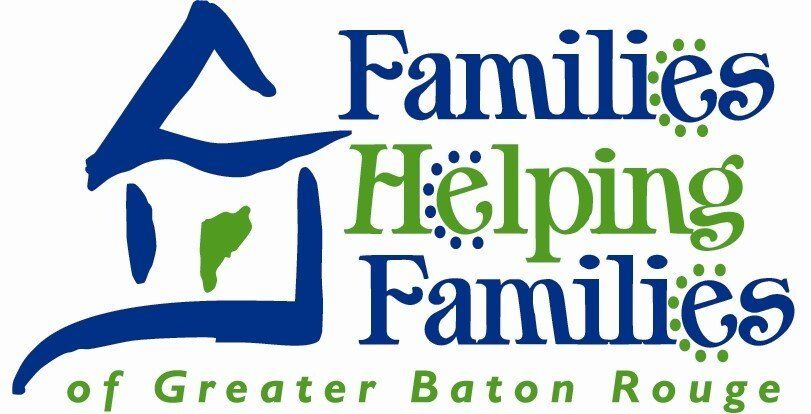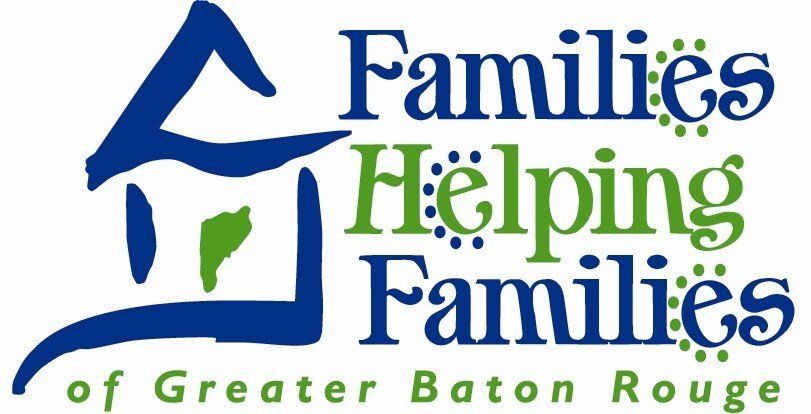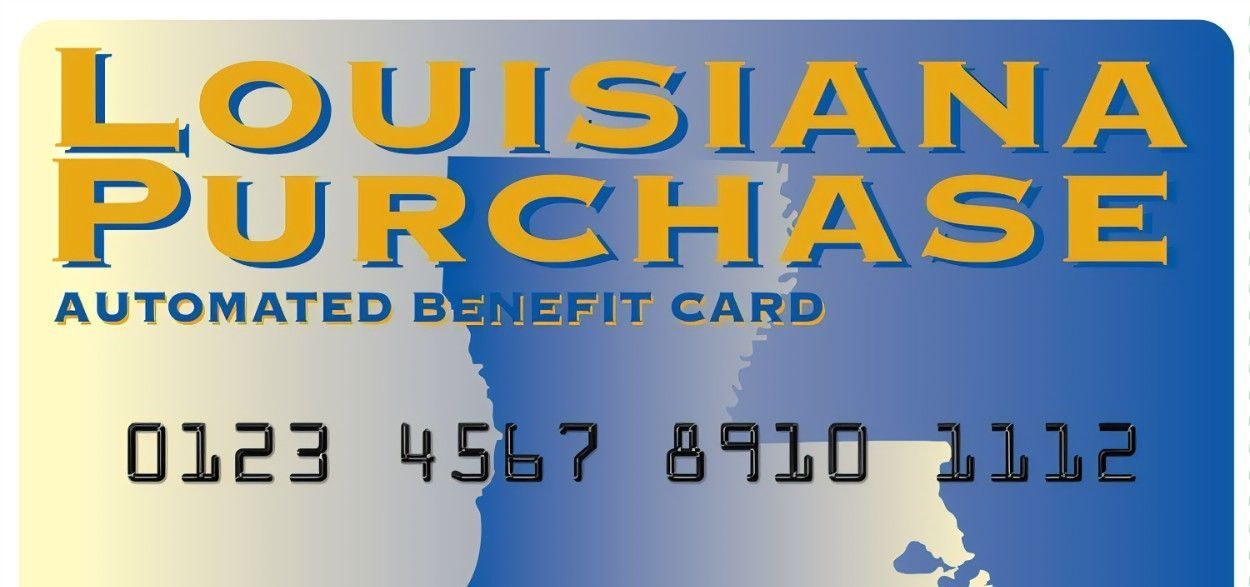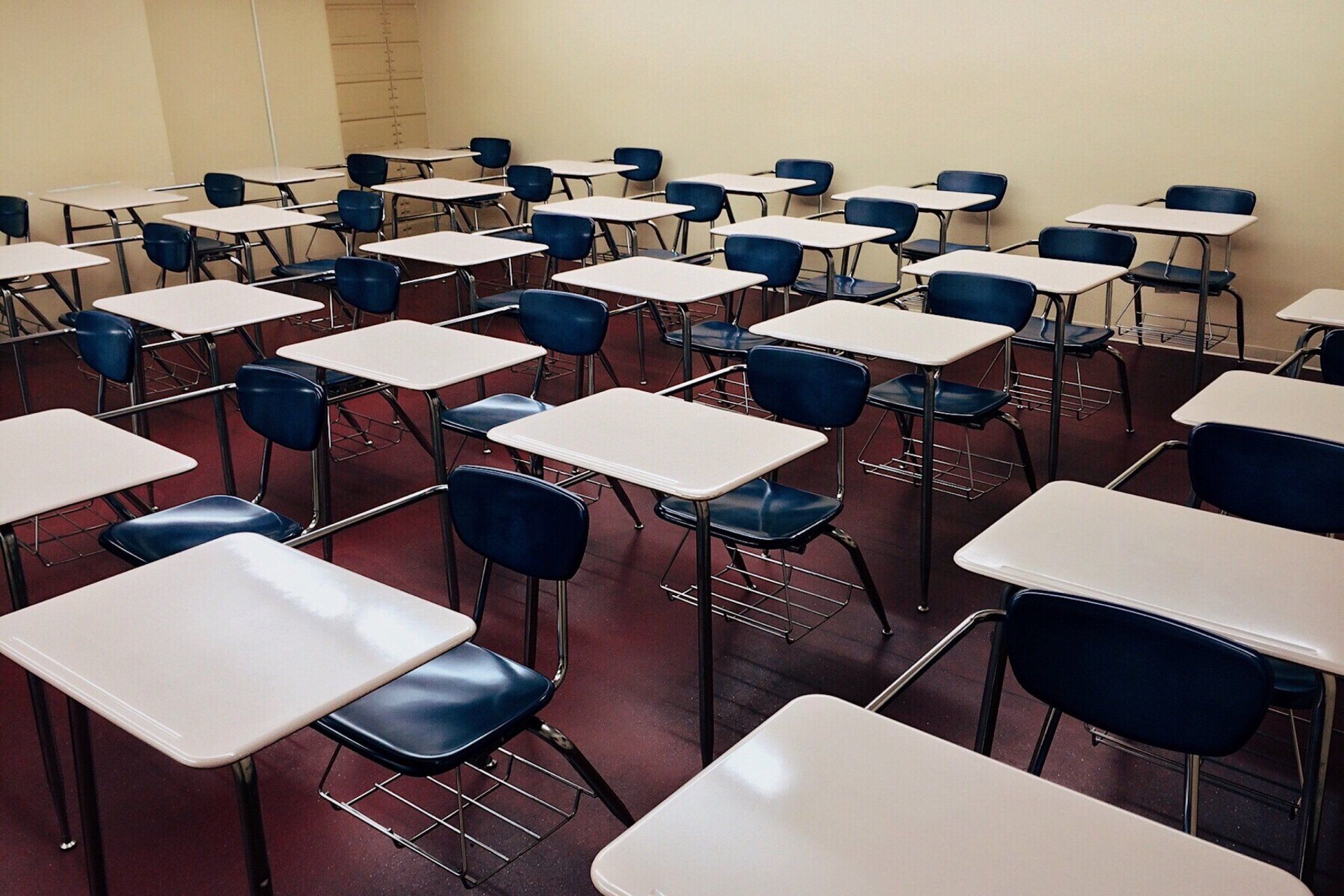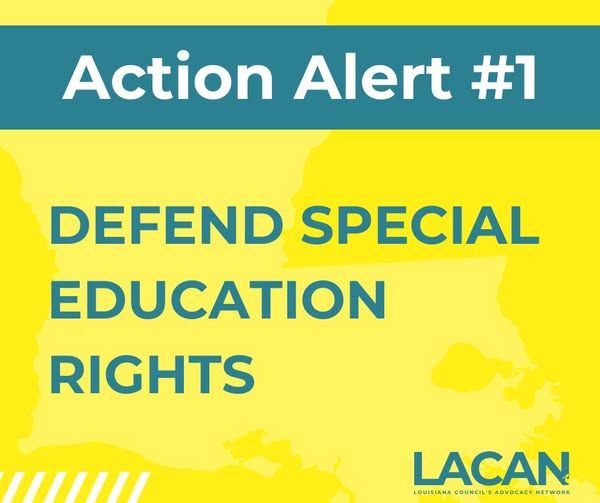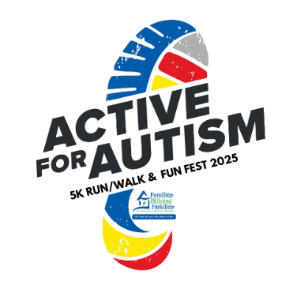USDOE's Office of Civil Rights Releases New Resources on Protecting Students with Disabilities in K12 and Higher Education
OCR Released New Resources for Families regarding Sickle Cell, Cancer, and Epilepsy
JUNE 20, 2024
Contact:
Press Office, (202) 401-1576, press@ed.gov
The U.S. Department of Education’s Office for Civil Rights (OCR) released three new resources today with information for students, parents and families, and schools addressing the civil rights of students with sickle cell disease, epilepsy, and cancer. OCR issued these resources during a month that marks both World Sickle Cell Day and National Black Family Cancer Awareness Week.
The resources inform students with disabilities, and their families and schools, about relevant legal rights under Section 504 of the Rehabilitation Act of 1973. Section 504 prohibits discrimination against students with disabilities by institutions that accept federal financial assistance, which includes almost all public schools and public and private institutions of higher education. These new resources, which are applicable to all levels of education, explain when these medical conditions trigger protections under Section 504, what kind of modifications an educational institution may need to take to avoid unlawful discrimination, and what an institution may need to do to remedy past discrimination.
OCR is also responsible for enforcing Title VI of the Civil Rights Act of 1964, which prohibits discrimination based on race, color, or national origin. According to the Centers for Disease Control and Prevention, more than 90% of people with sickle cell disease in the United States are Black; Black Americans are more likely than White and Hispanic Americans to have active epilepsy (e.g., having one or more seizures in the past year and/or taking medication to control it); and, compared to other racial and ethnic groups, Black Americans have higher rates of getting and dying from many kinds of cancer. OCR enforces all the laws in its jurisdiction when they apply to cases OCR investigates.
“These new resources will give all students experiencing sickle cell disease, epilepsy, or cancer, as well as their families and schools, important tools to understand when and how they are protected by federal disability rights laws,” said Assistant Secretary for Civil Rights Catherine E. Lhamon.
The new resources regarding sickle cell disease, epilepsy, and cancer are available on the OCR website.

